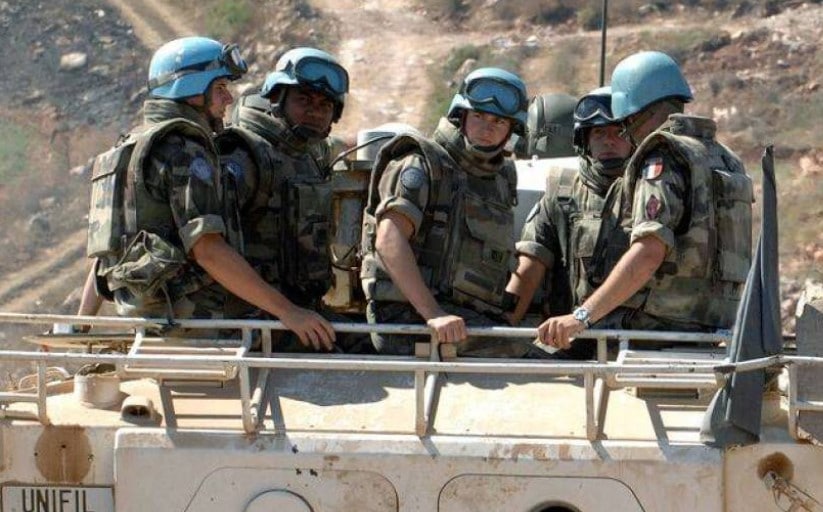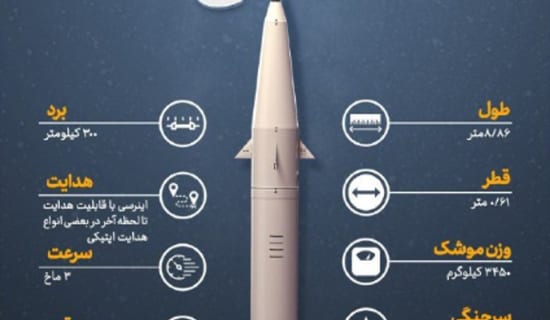An article in the Lebanese Al-Nahar daily, known for its opposition to Hizbullah, claims that Israel's main objective in exposing Hizbullah's tunnels at this time is to broaden the mission and authorities of the United Nations Interim Force in Lebanon (UNIFIL) and transform it into a force serving Israel. The article quotes retired Lebanese army general 'Abd Al-Rahman Chehaitli, who until 2013 served as the Lebanese army's representative to the regular meetings with UNIFIL and the IDF. He said that the tunnels Israel exposed recently had been dug before 2006 as part of defenses against Israel, and that Israel and UNIFIL were aware of their existence even then.
It should be noted that, to date, no official Lebanese source has admitted the existence of the tunnels on the Lebanon-Israel border.
The following are translated excerpts from the Al-Nahar article:[1]

UNIFIL troops (Al-Nahar, Lebanon, December 19, 2018)
"This is not the first time Israel has acted, with Western help, to redefine the mission of UNIFIL, the UN force in South Lebanon. [The exposure of] the tunnels is another attempt by Israel... to saddle Lebanon with the consequences of what it calls the exposure of 'attack' tunnels that cross the Blue Line.[2]But what is the truth regarding this matter, and did UNIFIL know about it?
"Retired general 'Abd Al-Rahman Chehaitli told Al-Nahar that 'these tunnels are old, and UNIFIL knew about their existence.' He explained: '[Even] before [Israel's] aggression in July 2006, when the Lebanese security force[3] was deployed in South [Lebanon] after its liberation [i.e., Israel's withdrawal] in 2000, the commander of UNIFIL [at the time], Alain Pellegrini, raised the issue of the tunnels on the Israel-Lebanon border out of concern for [the safety of] the UNIFIL troops, and called to take measures [regarding them]. Bear in mind that the Lebanese army was not deployed [in the south] at that time, as it was after the July [2006] aggression.'
"Chehaitli, who represented Lebanon in the tripartite [Israel-Lebanon-UN] committee between 2005 and 2013, added: 'Israel never raised the issue [again], and neither did UNIFIL. Everyone knew there were some tunnels, but nobody discussed them, even though they were no secret.'
"With regard to the nature of the tunnels, Chehaitli said: 'The tunnels are defensive fortifications, and the need for them arose due to Israel's ongoing threats and the enemy's declaration of its intent to set Lebanon back 20 years.' He added: 'Since the Lebanese army's deployment [in the south of the country] after the July aggression, and in the eight years I monitored the situation, not one tunnel was excavated at the border. The region is under the oversight of UNIFIL and the Lebanese army, and the [Israeli] enemy is conducting espionage activity and monitoring he same region. It is impossible for anyone to excavate in an area under such tight surveillance. UNIFIL is [even] preventing [Lebanese] fishermen from accessing certain spots, which means that it is capable of exposing excavation works at the border."
"Lebanon can benefit from these circumstances, and can defend its position to the UN if Israel provides [the tunnels'] coordinates, which Lebanon has requested via UNIFIL. It can also show that the tunnels are old, are not being used from Lebanon, and do not constitute a violation of Resolution 1701 as the occupation army claims."
[1] Al-Nahar (Lebanon), December 19, 2018.
[2] The Blue Line is a border demarcation between Lebanon and Israel published by the UN in June 2000.
[3] The reference is to a combined force of Lebanese army, military police and Internal Security units that was deployed in South Lebanon after Israel's withdrawal.








